Learning a language is one thing, improving your pronunciation is another. As you learn a language, it is necessary to practice your pronunciation to sound more like a native speaker! In this article, I am going to teach you some easy and effective English pronunciation practices and learn how to practice English pronunciation.
Pronunciation is one of the most important elements of English. When we talk about pronunciation it does not mean speaking like an American or a British person but pronouncing the words and collocation correctly. You can be a professional English speaker even if your accent is neither British nor American. The thing that actually matters is to pronounce it correctly.
But pronunciation is not just about pronouncing each word separately correctly; there are some other factors that are of high importance. The first one is Rhythm. While consonants and vowels are considered to be the basic sound elements of English, the combination of which would create syllables, the movement of one syllable to the next generates rhythm. When we put words together in a speech we create various consistent and recurring patterns using linguistic structures. Constructing such a combination in your speech might be of the highest importance because the audience understands our speech as a whole which is beyond a sum of various vocabularies.
The second element is the Connection. For non-native speakers, it would be so hard to make a proper vocal connection between different words in their speech. As a result, their speaking is described as broken or choppy, compared to the sound of native English. To elaborate, there might be some subtle differences between when we pronounce a word separately and when we pronounce it in a combination of words in sentences. For instance, when “might” and “have” are put together in a sentence, their pronunciation is different from when we use them as a single word. Actually, we must learn both, especially the former because we usually use words in sentences not separately. Thus, we need to do some practice to learn how to use English words in sentences and combinations. In the following paragraphs, some useful and practical strategies are introduced for improving English pronunciation.
American English pronunciation practice
Learning how to speak American English can be lots of fun, and practicing the right pronunciation is an important part of it! Pronunciation means how we say words and sounds. To get better at pronunciation, you can start by listening carefully to native speakers and imitating their sounds. Try to pay attention to how they move their lips and tongues when they speak!
In order to have American English pronunciation practice, you can also play fun games. One game you can try is called “Repeat After Me.” Find a friend, a family member, or even your favorite character from a movie or TV show. Listen to how they say a word or a sentence and then try to say it exactly the same way! Another practice of exercises to improve pronunciation is “Tongue Twisters.” Tongue twisters are silly sentences that have lots of similar sounds. For example, “How much wood would a woodchuck chuck if a woodchuck could chuck wood?” Try saying it faster and faster without tripping over your words!
Remember, American English pronunciation practice is all about having fun and getting better over time. Don’t worry if you make mistakes or find some sounds tricky at first. Everyone learns at their own pace! You can also use online resources and take online classes like the PocEnglish online English course to get familiar with more English pronunciation exercises and generally improve English speaking and listening skills. By practicing regularly, you’ll become more confident in speaking American English. So keep listening, keep playing games, and keep practicing, and soon you’ll be speaking American English like a pro!
British English pronunciation practice
Did you know that there are different ways to speak English? One of them is British English! British English is the way people speak in the United Kingdom and other countries like Australia and Canada. If you want to learn about British English pronunciation exercises and pronounce words like a British person, it can be a lot of fun! In British English, some words might sound different from how you’re used to hearing them. For example, “car” sounds like “kaa” and “dog” sounds like “dawg.” Isn’t that interesting? To practice British English pronunciation, you can start by listening to British speakers and imitating their sounds. Try to pay attention to how they move their lips and tongues when they speak!
In the following we will mention the most effective methods in American and British English pronunciation exercises. So stay with us.
1. Word stress in English pronunciation practice
The first step is to learn the pronunciation of each word correctly. It is highly recommended that learners constantly check the pronunciation of each new word in different situations through available dictionaries like Cambridge and Longman. This task should be done assiduously. Learners should listen carefully to each word’s pronunciation and repeat it several times to understand it completely. However, as was mentioned before learning the pronunciation of words singularly is necessary but not enough. Learners should learn how to pronounce a single word in combination with other components of a sentence. Thus, we need to learn some more methods to become more professional speakers.
What is word stress, how to improve English pronunciation by learning about the words stress and why does it matter in English pronunciation? The beauty of the English language is that it is not flat. It has rhythm both at word level and sentence level. Rhythm at word level is called “stress”. Each word in English has stress on one syllable. When the stress is on a particular syllable, what does it mean? It basically means that you have to read that syllable with a louder voice! You must emphasize that syllable. Let me give you some examples:
Politics:
This word has three syllables: Po.li.tics
The stress is on the first syllable. So, it should be pronounced louder than the other 2 syllables.
Political:
This word has four syllables: Po.li.ti.cal
The stress is on the second syllable. So, it should be pronounced louder than the other 3 syllables.
Politician:
This word has four syllables: Po.li.ti.cian
The stress is on the third syllable. So, it should be pronounced louder than the other 3 syllables.
Now, here is a question. There are like millions or words in English, right?! How should we know where the stress is?! That, my friends, is where online dictionaries come into play!
How to check word stress using a dictionary?
To check word stress, you need to use an online dictionary, or perhaps a dictionary app on your smartphones! I always use Cambridge Online Dictionary. Now, let me show you how this works:
Imagine you want to see the word stress on the word “competitive”. I even don’t know how many syllables it has! So, let’s look it up in the dictionary:
As you can see, this word has 4 syllables. So, where is the stress? Do you see that little apostrophe before “pet”?
That is the sign of word stress! Basically, when you see this sign, that means the NEXT syllable is stressed. So, let me show you which syllable needs to be pronounced louder that the others:
This is how you can find word stress using a dictionary! Now, let me tell you something else:
Sometimes, words have different stresses in British or American accents. For example, let’s look up the word “advertisement” in our online dictionary:
As you can see, British people put stress on the second syllable, while American people stress the third syllable. So this is another thing to have in mind when looking up a word in a dictionary. Think about which accent you would like to have, and try to check the correct word stress. We will talk more about accents in the rest of this article, so keep reading!
2. Sentence intonation in English pronunciation practice
As I said earlier, English has rhythm in both words and sentences. Rhythm on words is called stress, but what about the rhythm of sentences? That is what we call “intonation”.
Intonation is the melody of spoken English. It is the way in which your voice rises and falls as you speak. There are different types of intonation in English that you should use in your English pronunciation exercises.
Falling intonation: this pattern is used when we are certain of something, or when something is done and completed.
This implies that I am certain that I have to work!
I tried really hard, but I couldn’t. The action is now complete!
Rising intonation: Another pattern is rising intonation, which is very common in Yes/No questions:
Fall-rise intonation: Another pattern of intonation is called fall-rise intonation. It has a fall, and then is followed by a rise. This pattern is used when our sentence is not yet complete, and we would like to continue! For example:
Learn more: common mistakes in english
3. Speech shadowing (imitation technique)
Another very good English pronunciation practice is called “speech shadowing” or “imitation technique”. Now, don’t worry about the fancy name! It is actually very easy! Let me tell you how this works:
Step 1: Choose your accent
It is very important to know what accent you want to practice with in your pronunciation exercises. Is it American or British? But why does it matter? Well, remember word stress? As I said earlier, word stress can be different in British and American accents. Therefore, it is necessary to know which accent you want to have! Now, here is another question: Which one is better? American or British?
The answer is: none! There is no better accent. Choosing an accent is a personal preference. Which one do you like? That should be the one you practice with!
Step 2: Choose a role model
For the speech shadowing technique of English pronunciation exercises, you need to choose a native speaker as your role model! For example, I love the way former US president Barack Obama talks! It is so clear and really easy to understand. He also speaks my favorite accent which is American. Now, maybe you like the British accent, so I recommend Chef Ramsey! Or if you are into Australian accents, who is better than Thor, god of thunder! (I am clearly talking about the one and only Chris Hemsworth). Speaking of movies, don’t forget to read this article on how to describe movies in English.
Step 3: shadow
Now is the time to practice English pronunciation, but how? Download a video of your role model in which he/she is giving a speech. For example, I like this video of Obama.
What you should do is basically play the video, listen carefully, pause after each sentence and then, repeat what he/she said! You will be like a shadow, following a person and doing what they do! That is why it is called shadowing technique. So play, listen, pause and repeat. That’s it!
This is a very important English pronunciation practice.
4. Listen to podcasts (Of English pronunciation exercises)
Shadowing is undoubtedly one of the most practical and efficient practices by which you can improve your speaking easily and efficiently. By engaging deeply in this practice, not only can you understand and get used to the stress of each word in a sentence but also you would get a mastery over various patterns of intonation in affirmative, negative, and question sentences. But how to apply this practice?
The first step is to choose your favorite accent. You might like to talk like either a British or an American speaker. Actually, none of them is superior to the other. In fact, it is completely your call. When you find your favorite accent, the second step would be to find appropriate materials to practice. For this purpose, you can explore YouTube or Podcast apps in which you can find an endless source of English materials. You can check some channels such as National Geographic, Economist, Guardian, Netflix, and other channels that are available to you. Since the content of these channels is mainly formal language you also can search for less formal content such as reality shows to get familiar with informal English. If you have a role model among politicians such as Barack Obama, actors, actresses, or other famous figures you can choose their speeches or interviews. Although engaging in your favorite materials could be more interesting, you should sometimes practice on some subjects other than your interests. The more content you put into practice, the more variety of subjects you get familiar with, and the more professional speaker you become. However, the practice itself involves several steps which require you to take each carefully.
The first step is to find a short speech or interview or select a part of a documentary that you find interesting. At this stage, you need to watch the content with its English subtitles as many times as you figure out every single bit of it. If there are some phrases or idioms, you don’t understand you must search for them in dictionaries to understand them. Please note going to the next step without having a complete understanding of the content is not allowed.
In the second step, while the subtitle is on, pause the video after each chunk or sentence and try to imitate the speaker exactly. When you are imitating pay careful attention to the words’ stresses, and intonations as the speaker pronounces them. This stage is more arduous than the former.
In the third step, while the subtitle is on, you will not pause the audio and try to follow the speech carefully. You might do this several times. Finally, you would play the video without subtitles and try to imitate the speaker carefully. The more times you do this, the more effective the practice will be for you.
English pronunciation is directly connected with English listening skill. The more you listen, the better you can pronounce. However, the question is what should I listen to? Well, you can listen to anything as long as it is in English, such as music, radio, etc. However, to listen to English podcast is the best way to improve English speaking and pronunciation. Again, here it is very important to know what accent you want to have. American or British? For each of these accents, I have 2 recommendations:
BBC 6-minute English podcast: This podcast is created by the educational division of the British Broadcasting Channel (BBC) which is called “BBC learning English” and it has been very successful! Their Instagram page has nearly 4 million followers, and their YouTube channel has around 5 million subscribers! They produce amazing educational podcasts with a British accent. So, if you are a fan of the British accent, this is for you! Simply, go to their website and check out their podcasts.
VOA American English podcast: For American accent lovers like myself, I highly recommend VOA (Voice of America). Like BBC, VOA is a news agency but they are also active in English teaching. Their Instagram page has around 150 thousand followers, and their YouTube channel has more than 2 million subscribers. They also produce brilliant podcasts for different levels of beginner, intermediate and advanced. Check their website for podcasts and more!
5. Pronunciation practice: Record your own voice
Another amazing yet underrated English pronunciation practice is recording and listening to your own voice. Actually, when you speak, simultaneously, you hear your voice in a different way. In fact, inevitably you won’t get your mistakes unless you listen to your voice later.
To be honest, initially, you might be embarrassed because of the quality of your speaking. However, boosting your speaking and pronunciation is not possible without being aware of your mistakes. Actually, it is not possible for you to improve your English without making mistakes. This practice can be combined with the imitation strategy. As you imitate every single sentence of your model’s speech, you can record your voice and listen to it again and compare your voice with the one your role model pronounced. This comparison will elucidate some of your unrecognized mistakes easily. Another advantage of recording your voice is that you can send it to your teacher and a friend of yours and receive some feedback. This is so bourgeoning for your pronunciation.
You sound different in your head compared with when you hear yourself: I have had many students who were shocked when I played their voice for them! This is because when you are speaking, you hear yourself from the first-person viewpoint. However, when you hear your own voice, you can analyze it from a third-person point of view. Many people don’t understand their mistakes or pronunciation problems when they speak, but will immediately notice the errors when they listen to themselves! So, hearing your own voice is of the most effective English pronunciation exercises that can help understand your errors better.
You can mix this technique together with speech shadowing: When you practice English pronunciation with the speech shadowing technique, you can record your own voice. But this time, instead of just listening to it, you can compare it with that of your role model! In this way, you can see which words are you mispronouncing, which word stresses are you getting wrong and how your intonation compares with that of your role model.
You can send your recorded voice to your teacher: This is also very helpful, especially for IELTS students who want to practice for the speaking part of IELTS. Take a great online IELTS course .Then record your voice, and send it to your teacher for feedback on your pronunciation and accent.
6. Practice your English pronunciation online
One excellent way to practice English pronunciation is to use online tools that can help you understand which words you are mispronouncing. There are many applications and websites online offering these services, but they all use Google as their tool! and better yet, google is free! So, you don’t really have to pay for such service. You can simply use google to practice pronunciation, find what you are mispronouncing and sound more like a native speaker! But how?
Step 1: Go to google.com
Step 2: search for “definition”. The dictionary of google will open
Step 3: Look up the word you want to pronounce. For example: Procrastination
Click on the audio button to play the pronunciation. You will hear the dictionary pronounce it, and a new button will appear:
Click on this button and you will open the Google pronunciation assistant! How cool is that?
As you can see, on the top right corner you can choose the accent. Let’s say I want to check my pronunciation for this word in the American accent. On the bottom-right corner, you can see “practice”. Click on it. Now, try to pronounce it into your microphone.
Google will analyze your voice and give you detailed feedback! It tells you what your mistake was, and gives you tips on how to fix it! Now, let’s try again…
Done and done! Now I have correctly pronounced this difficult word!
7. Tongue twister exercises (of pronunciation exercises)
A tongue twister is something that twists your tongue when you try to say it!
It is a sentence that is deliberately designed to be difficult to pronounce! Let me give you an example:
She sells seashells by the seashore (say it 3 times, quickly!)
Tongue twisters are of good English pronunciation activities! They will help you improve your articulation and pronunciation of difficult words and sentences! You can practice tongue twisters based on your level, because some of them are really challenging! Try these tongue twisters:
Beginner level: Say these tongue twisters 3 times!
She sees cheese
Red lorry, yellow lorry
The sun shines on shop signs
Six sick snakes sat by the sea
Little Linda likes licking lollipops
Intermediate tongue twisters:
Fred fed Ted bread and Ted fed Fred bread
Which witch wished which wicked wish?
She shows shiny shoes by the shoe store
She sells slippers by the schoolyard
Advanced tongue twisters:
How much wood could a woodchuck chuck if a woodchuck could chuck wood?
Betty bought some butter, but the butter Betty bought was bitter.
Peter Piper picked a peck of pickled peppers.
How can a clam cram in a clean cream can?
8. Learn commonly mispronounced words in English
To avoid mispronunciation and to improve English pronunciation accuracy, it is a great idea to learn about English words which are commonly mispronounced. The reason why some words are mispronounced can be diverse. For example, words can be mispronounced because of word stress, vowel and consonant sounds, silent letters, contracted forms or simply because they are like another word! Let me give you some examples:
Homophones: Words that are pronounced in the exact same way, but have different spelling and different meanings are called homophones. Sometimes, the similarity of pronunciation of homophones causes misunderstanding! Let me show you some examples:
| right-write | Right! We shouldn’t do this!
Write: we shouldn’t do this! |
| flower – flour | Don’t forget to get her flower!
Don’t forget to get her flour! |
| mail – male | Today, I saw a mail in the box
Today, I saw a male in the box! |
| pair – pear | Let’s go to a shoe store and buy a pair!
Let’s go to a shoe store and buy a pear! |
| accept – except | We cannot see each other anymore, accept that!
We cannot see each other anymore, except that! |
Contractions: a contraction is simply a shorter form of 2 or 3 words. For example, “Want to” is often pronounced as “wanna”. This happens a lot in speaking, especially by native speakers. In fact, one reason why it is difficult to understand native speakers is because they use contractions in English a lot! Here are some examples of contractions in the English language:
| Have got to | Gotta | I have got to do this
I gotta do this |
| Going to | Gonna | I am going to call her
I’m gonna call her |
| Want to | Wanna | What do you want to do?
What do you wanna do? |
| Have to | Hafta | We have to study
We hafta study |
| Should have | Shoulda | You should have called me
You shoulda called me |
Silent letters: Something that makes students angry is silent letters in English. What are they? In some words, some letters are written but not pronounced. Why would you write something that does not need to be pronounced?! Well, let me give you some examples:
| Silent “B” | Tomb / thumb/ numb / comb |
| Silent “K” | Knife / Knight / Knock/ knee |
| Silent “D” | Sandwich/ Bridge/ Edge/ Handsome |
Words with difficult pronunciation: Some words are just difficult to pronounce, and they are of commonly mispronounced words. Let’s see if you know the correct pronunciation of these words:
| Salmon | /ˈsamən/ |
| Library | /ˈlʌɪb(rə)ri/ |
| Clothes | /kləʊðz/ |
| Iron | /ˈʌɪən/ |
| Colonel | /ˈkəːnl/ |










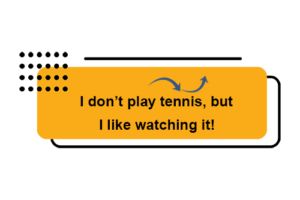
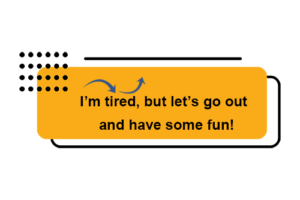
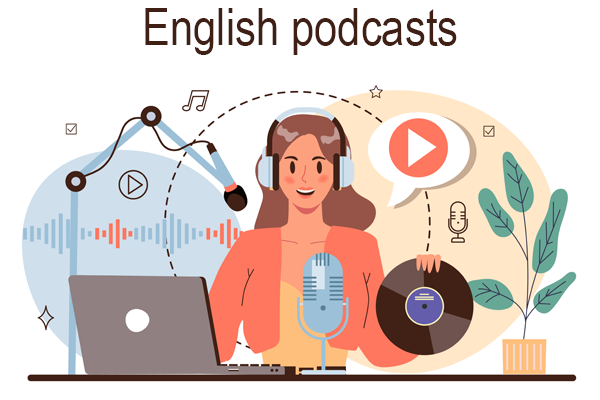

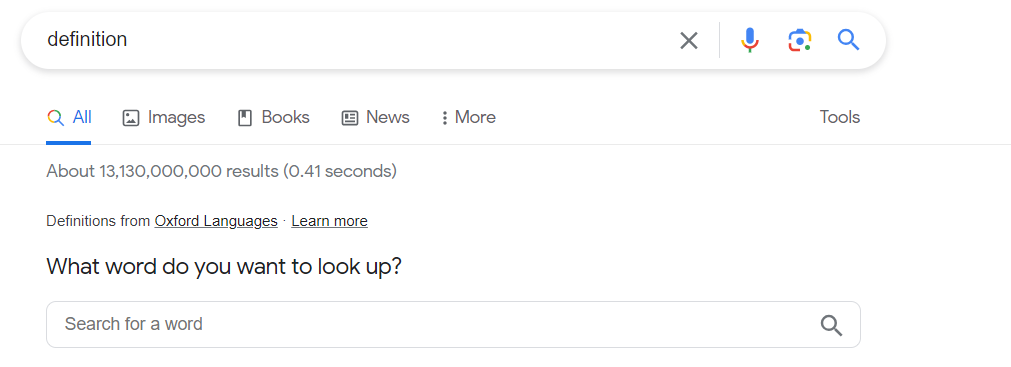

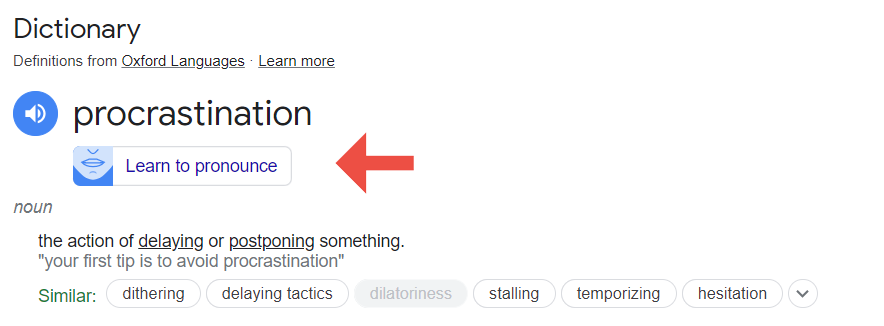
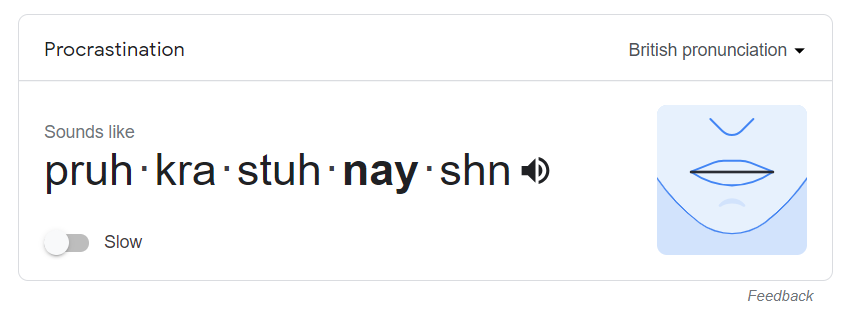
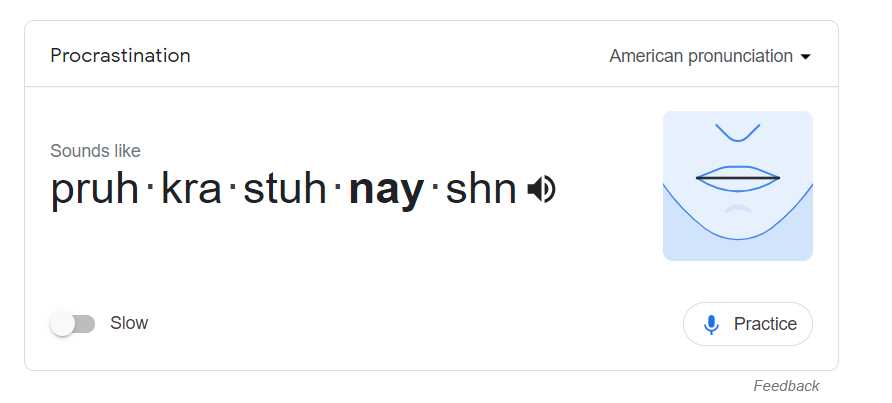
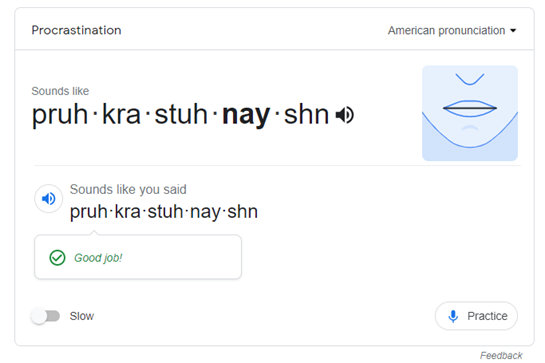
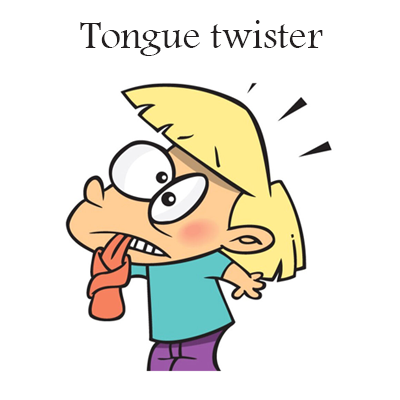
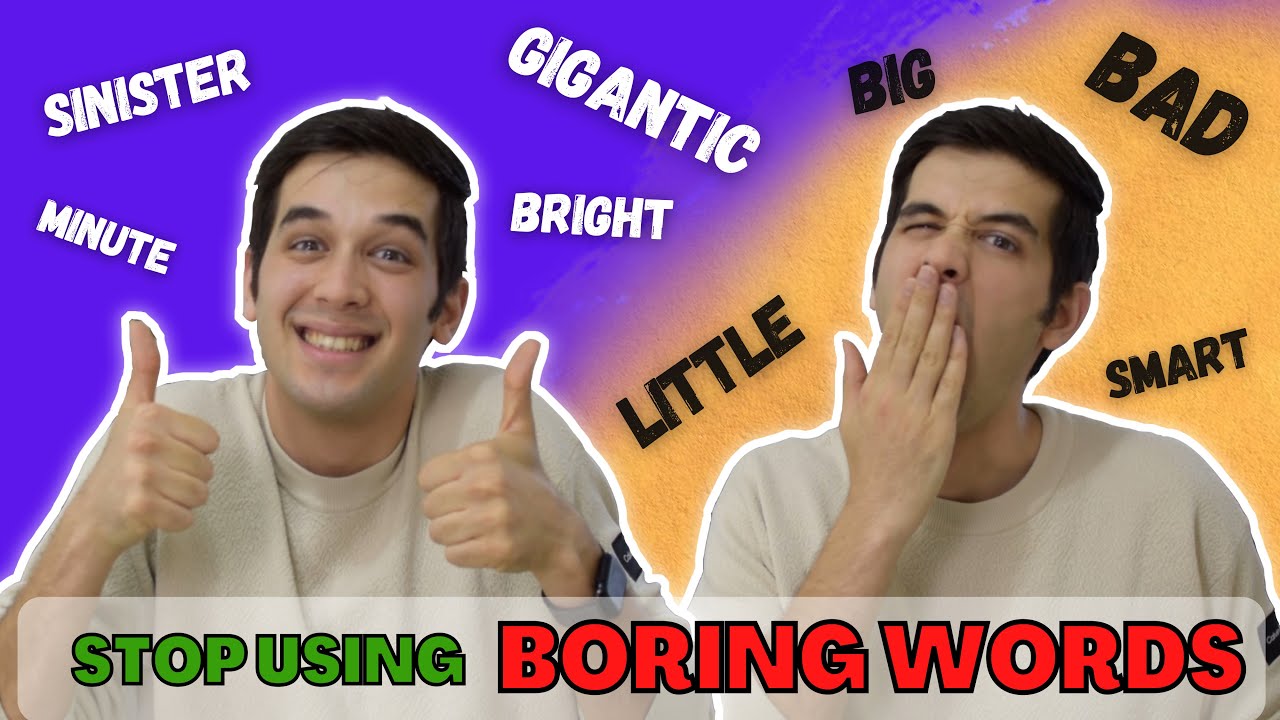



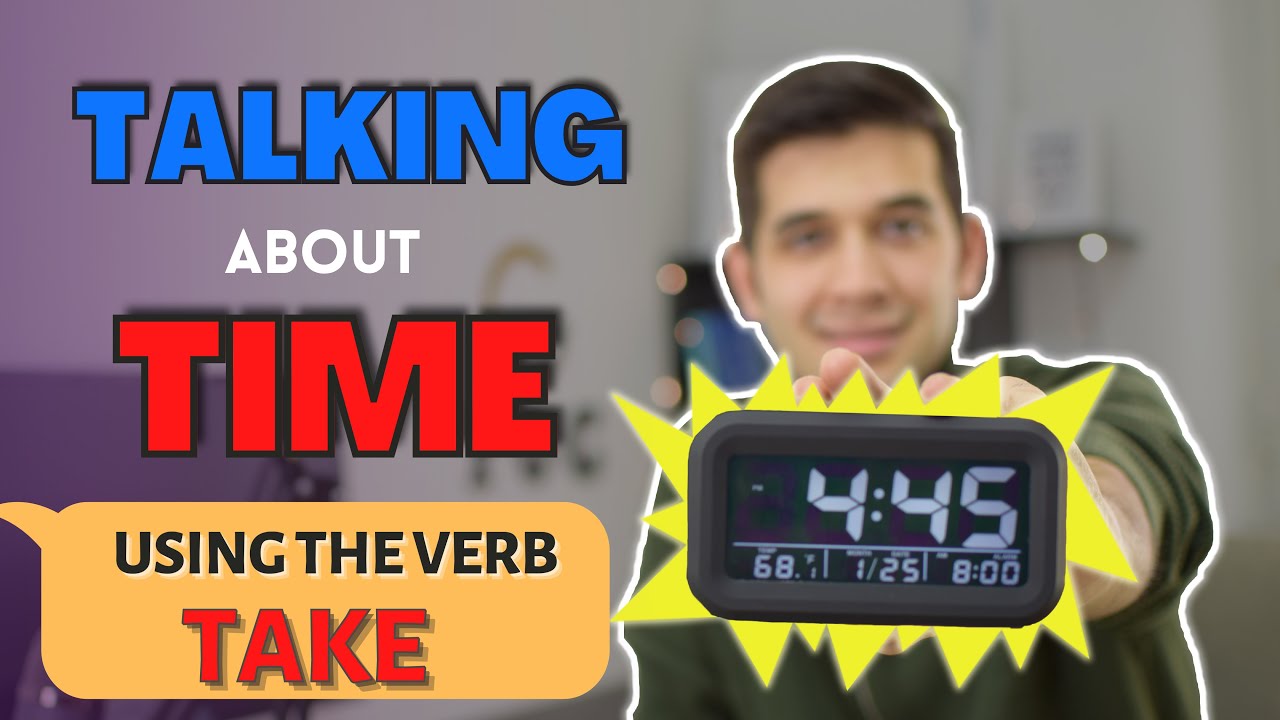



I’m trying to find the word I want to search on this site; https://dictionary.cambridge.org/
But I looked up the word “when” and couldn’t find the little apostrophe you meant. Does the word no stress Or There is another explanation?
“when” only has 1 syllable, therefore there is no stress!
It’s eloquent teacher Maddy!
Your work really inspires me!
Glad you liked it!
ALHAMDULLIAH 🥰
I learned much from POC ENGLISH ..
Thanks for your comment!
Your lectures are damn good Maddy Sir .
I really love them👍👍👍👍👍👍
You are a good teacher, you speak clearly , i undestand you easily
Your lectures are damn good Maddy Sir .
I really love them I love you alot sir god will always help you may you live long
Your teaching way is very effective i like it
I really love them I love you alot sir god will always help you may you live long
Your teaching way is very effective i like it I love you alot sir god will always help you may you live long 🙏🫶
Thank you very then God bless you for your hard work .
Very useful. But I think we should put stress on the syllable that has apostrophe not next syllable.
Thanks a lot teacher Maddy, we are learning and love English from you.